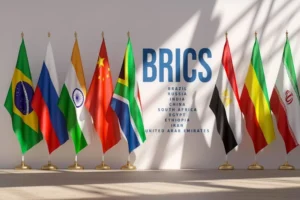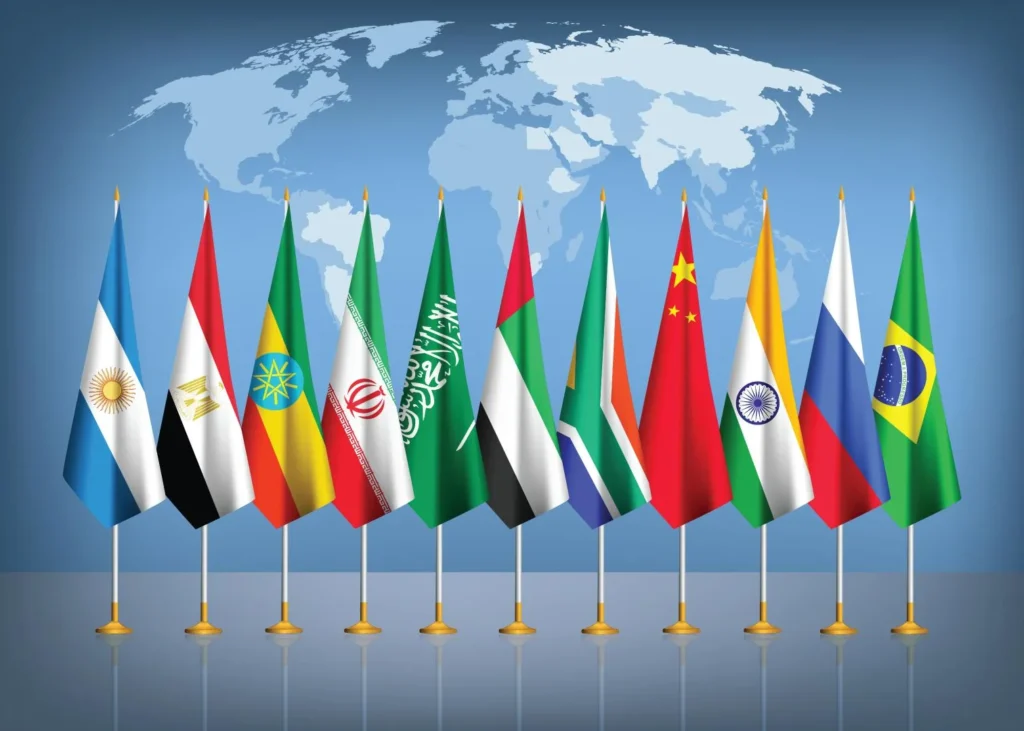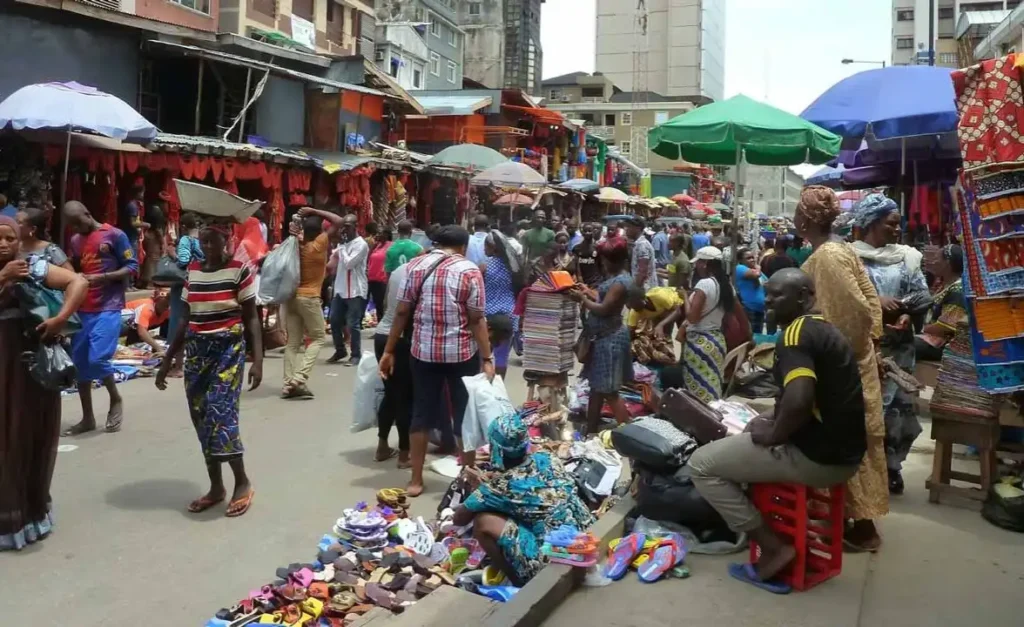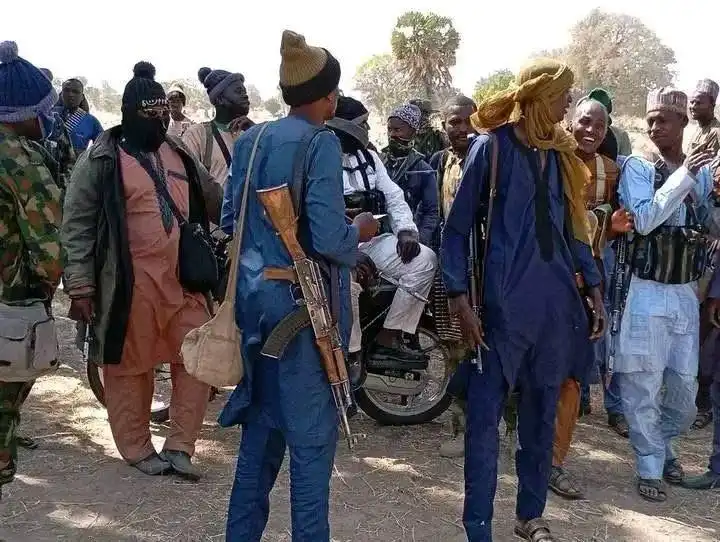In a significant development on the global diplomatic stage, Nigeria has officially joined the BRICS bloc as a partner country. This new alliance aligns Africa’s most populous nation with one of the most influential geopolitical coalitions outside the Western-dominated order. With BRICS—an acronym for Brazil, Russia, India, China, and South Africa—expanding its partnerships and global footprint, Nigeria’s inclusion carries wide-ranging implications for its economy, international relations, and leadership role in Africa.
This move marks a pivotal moment for Nigeria, which has long sought to increase its influence beyond the continent and diversify its strategic alliances. Joining BRICS as a partner opens the door to deeper trade, investment, and diplomatic collaboration with some of the world’s largest emerging markets. It also represents a subtle yet unmistakable shift away from an overdependence on traditional Western powers, paving the way for a more multipolar foreign policy.
BRICS: The Rise of an Alternative Power Bloc
Formed in the early 2000s, BRICS was originally designed as a coalition of major emerging economies. Over time, it has evolved into a powerful bloc that challenges the economic and political dominance of institutions such as the G7, the International Monetary Fund (IMF), and the World Bank. Together, the BRICS nations represent over 40% of the world’s population and more than a quarter of global GDP.
With the inclusion of additional countries through the “BRICS+” framework and the creation of alternative financial systems—such as the New Development Bank—the group has become more assertive. It aims to reshape the global order by promoting greater equity, non-Western leadership, and South-South cooperation.
Nigeria’s addition as a BRICS partner reflects this momentum. As Africa’s largest economy, with a population exceeding 220 million, Nigeria brings significant weight to the group’s ambitions.

Why Nigeria? The Economic and Strategic Justification
Nigeria’s inclusion into BRICS is both symbolic and strategic. Economically, it remains the continent’s largest GDP contributor despite facing ongoing challenges like inflation, currency volatility, and energy sector instability. The country holds substantial natural resources, a growing consumer market, and increasing geopolitical relevance due to its size and location.
Moreover, Nigeria’s push to join BRICS aligns with its broader strategy of reducing reliance on Western loans and financial aid. With Africa’s debt burden worsening and criticism of IMF/World Bank conditions growing louder, alternative financing from the BRICS’ New Development Bank offers Nigeria an appealing path.
The country’s leadership also seeks to position Nigeria as the voice of Africa in global matters. Its participation in BRICS enhances its claim to that title, offering a platform to influence economic and diplomatic agendas that directly affect the continent.
Rebalancing Global Alliances: Nigeria’s Foreign Policy Pivot
In recent years, Nigeria has intensified efforts to reposition itself on the global map. While maintaining historic ties with the U.S., the EU, and the UK, Nigeria has pursued closer relations with China and Russia. Chinese investments in Nigerian infrastructure, energy, and technology have expanded steadily, while military cooperation with Russia has increased.
Joining BRICS symbolizes a formal step toward a multipolar orientation. It grants Nigeria access to a collective that is pushing back against the dominance of the West in financial and security frameworks. With the New Development Bank offering infrastructure funding and trade facilitation, BRICS membership is more than symbolic—it’s a tool for development.
Furthermore, Nigeria’s admission comes at a time when BRICS is seeking stronger ties with African nations to broaden its influence across the Global South. In this context, Nigeria serves as an ideal gateway into West Africa, further cementing its status as a strategic partner.
Opportunities and Challenges of BRICS Partnership
Nigeria’s partnership with BRICS offers a host of benefits, but it also presents challenges. On the positive side, the alliance opens up access to new trade networks, development financing, and energy cooperation. This is particularly important for Nigeria’s ongoing energy transition, digitalization ambitions, and infrastructure goals.
At the same time, the country must manage its participation carefully. While the BRICS platform provides a powerful alternative to Western institutions, its internal dynamics are complex. The interests of China, India, and Russia are not always aligned. Nigeria will need to navigate these tensions diplomatically to avoid being caught in geopolitical crosswinds.
Domestically, there is also the risk that joining BRICS may invite criticism from Western partners. Nigeria will need to strike a balance—leveraging new opportunities while keeping traditional relationships intact.
Regional Implications: Nigeria’s Role in Africa Strengthens
Nigeria’s entry into BRICS is also a win for Africa as a whole. Until now, South Africa has been the continent’s only full BRICS member. Nigeria’s addition as a partner creates room for more African voices in the bloc’s decision-making processes. This inclusion may also inspire other African economies to seek closer relations with the group.
Beyond symbolism, Nigeria’s presence could help align BRICS priorities with Africa’s development agenda. From climate adaptation to infrastructure investment and food security, Nigeria can champion the continent’s needs more effectively through this platform.
Looking Ahead: What This Means for Nigeria’s Future
Nigeria’s BRICS partnership may mark the beginning of a more independent and assertive era in its foreign policy. The country is embracing a strategy that prioritizes national interests, economic diversification, and geopolitical relevance.
With the opportunity to tap into BRICS development funding, forge trade alliances beyond the West, and amplify its voice in global governance, Nigeria has entered a transformative phase. However, the journey ahead will require thoughtful diplomacy, smart economic planning, and consistent reforms at home.
As the world shifts toward multipolarism, Nigeria’s decision to join BRICS demonstrates a readiness to take on a bigger role—regionally and globally.






